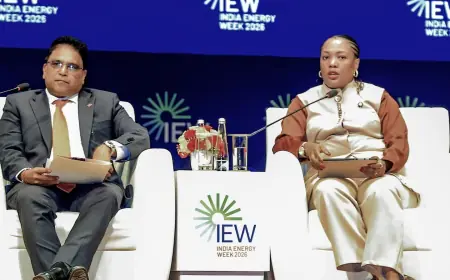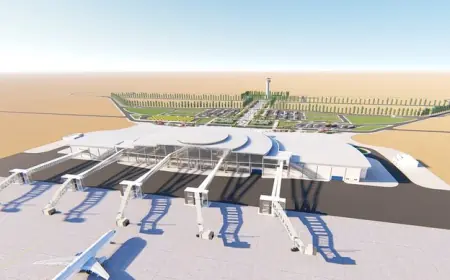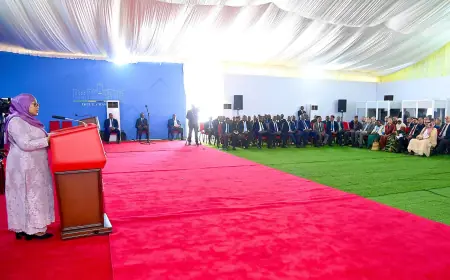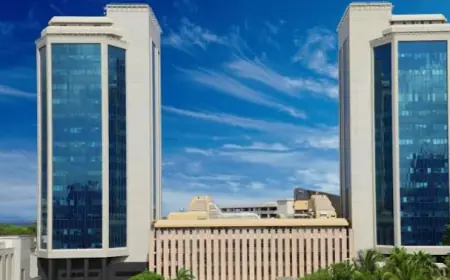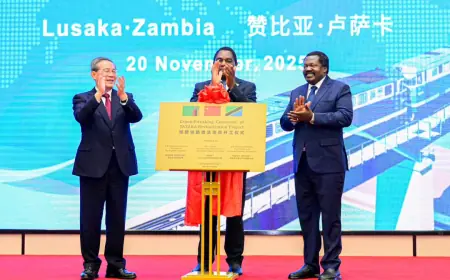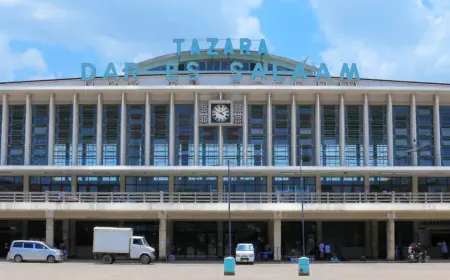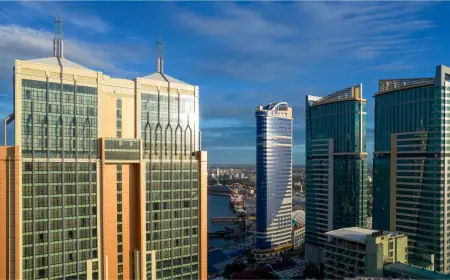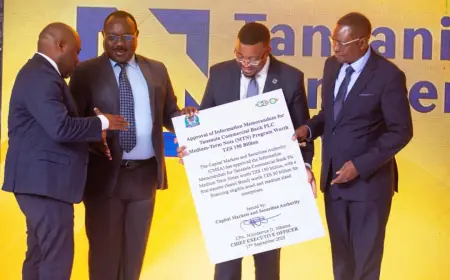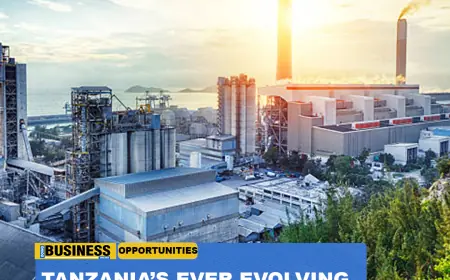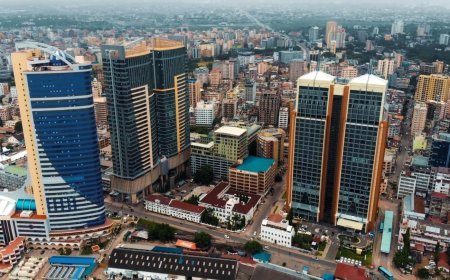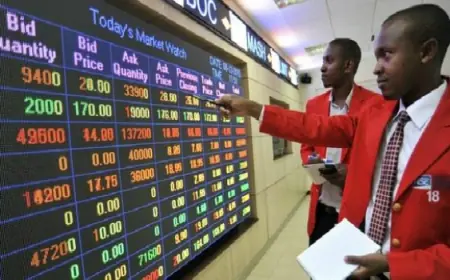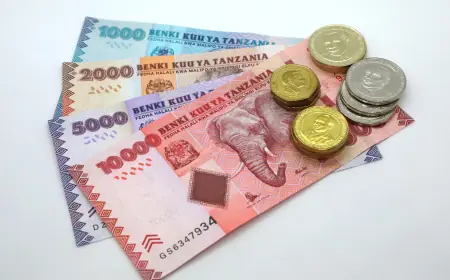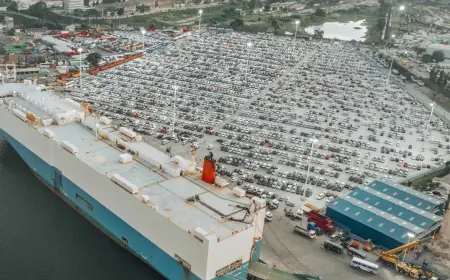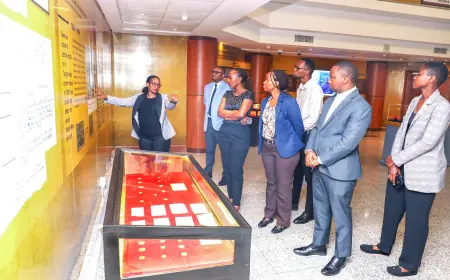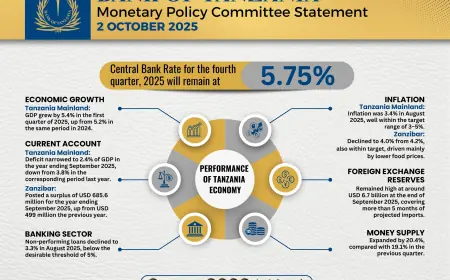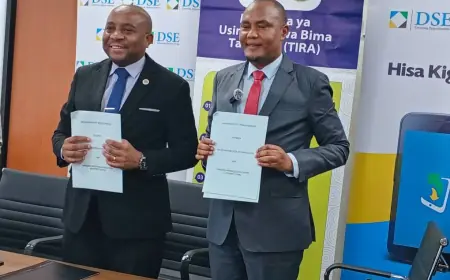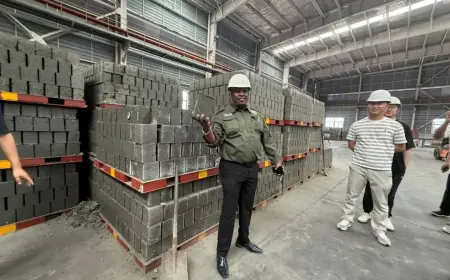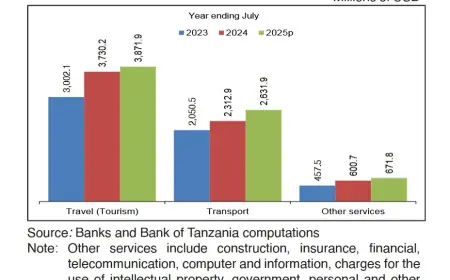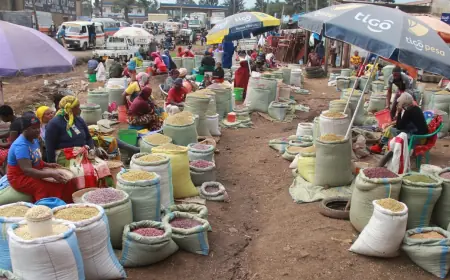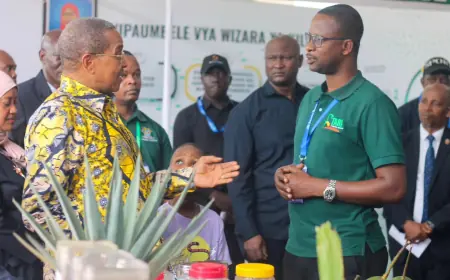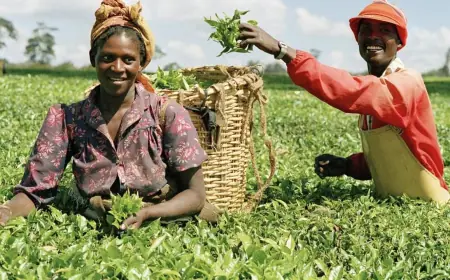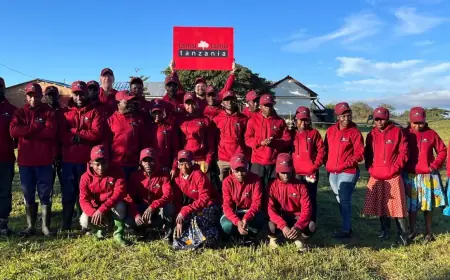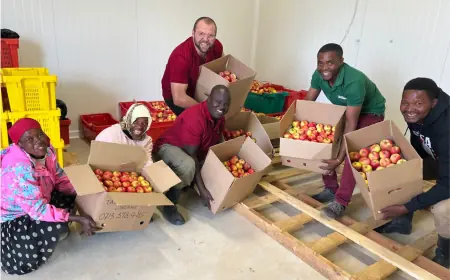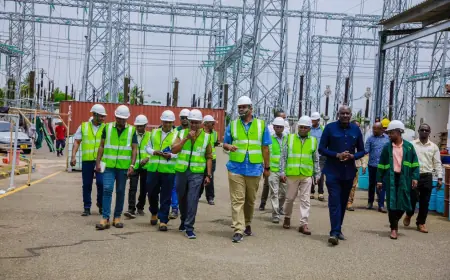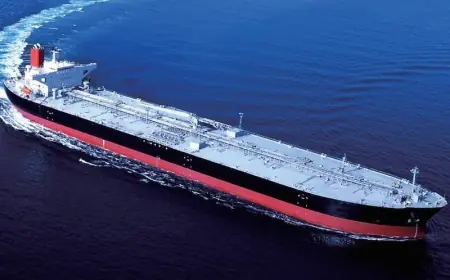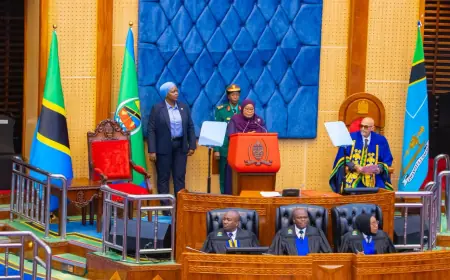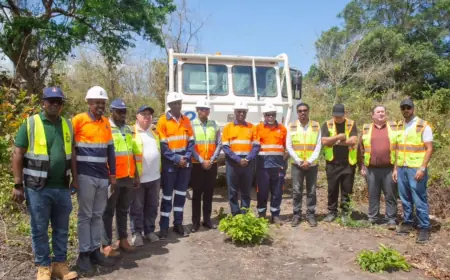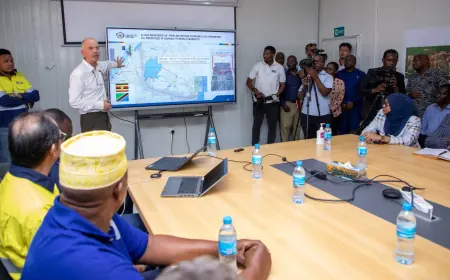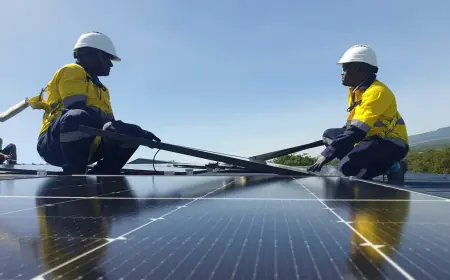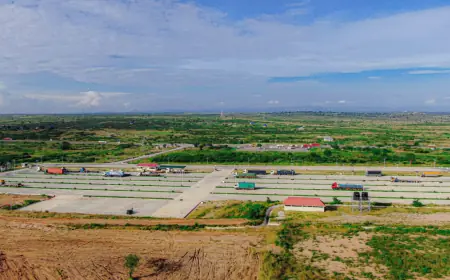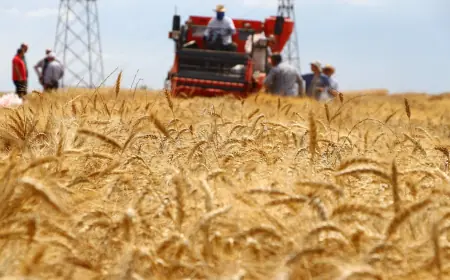Investment opportunities in fertilizer value chain
With the Government of Tanzania committed to enhancing agricultural productivity, regulatory bodies like the Tanzania Fertiliser Regulatory Authority (TFRA) and the Tanzania Investment Centre (TIC) are implementing measures that position fertiliser production as a pivotal driver of economic growth
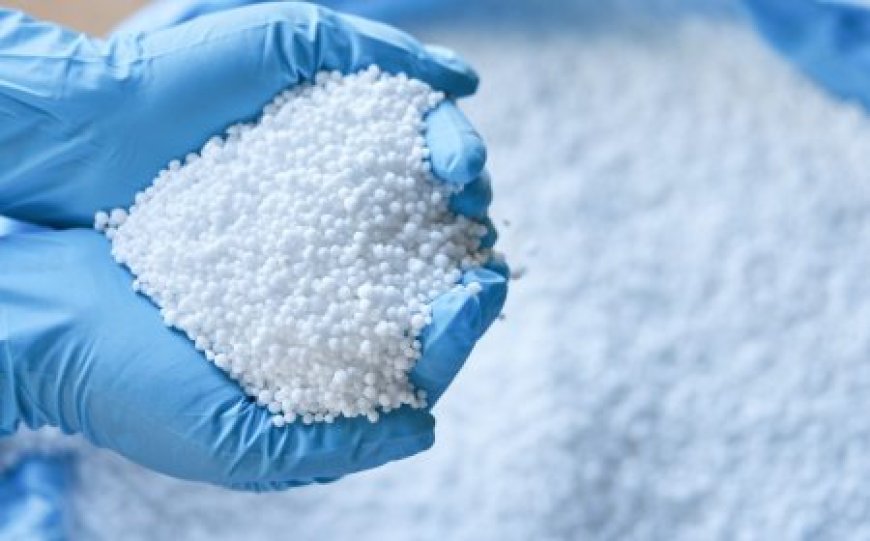
TANZANIA stands at the threshold of becoming a regional hub for fertiliser manufacturing, presenting significant investment opportunities. T
he confluence of its strategic geographical location, abundant natural resources, and supportive infrastructure cultivates a favourable environment for both domestic and international investors.
With the Government of Tanzania committed to enhancing agricultural productivity, regulatory bodies like the Tanzania Fertiliser Regulatory Authority (TFRA) and the Tanzania Investment Centre (TIC) are implementing measures that position fertiliser production as a pivotal driver of economic growth.
Current fertiliser landscape in Tanzania
Fertiliser availability in Tanzania relies heavily on imports and limited domestic production. Over the past decade, an average of 93.34 percent of fertilisers used in Tanzania has been imported.
In 2020, imports amounted to approximately 663,000 tonnes, with urea constituting the largest share.
While import figures have fluctuated, they have consistently been high, largely due to the limited capacity of domestic manufacturing, which only accounts for about 6.56 percent of the total availability.
The domestic production of fertilisers, particularly phosphatic fertilisers, is influenced by the operations of Minjingu Mines and Fertiliser Company Limited, a key player in the sector.
However, the landscape is evolving, with increasing interest in local fertiliser production.
Tanzania currently has 12 fertiliser manufacturing facilities, including blending plants operated by companies like Yara Tanzania and ETC Cargo Limited (ETG).
This growing interest is further buoyed by the presence of significant natural resources, such as natural gas and phosphate reserves, which are essential raw materials for fertiliser production.
Government Support and Regulatory Framework
The role of the Tanzania Fertiliser Regulatory Authority (TFRA) is central to the regulation and promotion of fertiliser manufacturing and trade in Tanzania.
TFRA controls the quality and trade of fertilisers and fertiliser supplements (FFS), ensuring that all actors in the value chain, including manufacturers, importers, distributors, and exporters, adhere to established standards.
Additionally, the introduction of the Fertiliser Bulk Procurement System (BPS) has streamlined the importation process, making it accessible to investors with limited capital.
Through this system, TFRA collects national fertiliser requirements and awards a tender to one pre-qualified company to import fertilisers on behalf of others, enhancing market competitiveness and reducing prices.
The government, through the Tanzania Investment Centre (TIC), has also opened avenues for investors to engage in fertiliser manufacturing, blending, packaging, and related activities.
With an ever-growing demand for fertilisers in Tanzania and neighbouring countries, there is immense potential for investors to tap into both domestic and regional markets.
INVESTMENT OPPORTUNITIES IN THE FERTILISER VALUE CHAIN

Fertiliser Manufacturing and Packaging
One of the most prominent opportunities in Tanzania’s fertiliser sector lies in manufacturing and packaging.
Tanzania’s strategic location, coupled with its access to key raw materials like phosphate and natural gas, makes it an ideal destination for establishing fertiliser manufacturing plants.
The government’s strong political will and commitment to industrialisation further create a conducive environment for investment.
By establishing fertiliser manufacturing facilities, investors can help reduce the country’s reliance on imports, stabilise fertiliser prices, and contribute to job creation.
Additionally, with the increasing demand for fertilisers in both Tanzania and neighbouring countries, there is potential for export growth, which would further strengthen the country’s position as a regional hub for fertiliser trade.
Packaging and related services also present a viable investment opportunity, as fertilisers need to be appropriately packaged for distribution.
Currently, there is room for growth in the production of packaging materials and the establishment of bagging facilities, particularly in regions with a high demand for fertilisers.
Storage Infrastructure
Increased fertiliser utilisation has led to higher crop yields in Tanzania, resulting in greater supply to the market.
However, one of the challenges facing farmers is the low crop prices during the harvest season, which affects their purchasing power for fertilisers in subsequent seasons.
To address this issue, there is a pressing need for more storage facilities, which would allow farmers to store their produce for up to six months after harvesting to achieve better prices.
Investors have an opportunity to construct storage facilities, particularly in key agricultural regions, to support the growing fertiliser market.
These facilities could serve both domestic needs and regional exports, particularly to landlocked countries in East and Central Africa, which rely on Tanzania’s transport infrastructure for trade.
International Trade and Distribution Networks
Tanzania’s introduction of the Bulk Procurement System (BPS) has significantly improved access to fertilisers by enabling importers to use bank guarantees and pay within 180 days after receiving the bill of lading.
This system has opened up opportunities for smaller investors to participate in the international fertiliser trade without needing extensive capital or experience in international trade dynamics.
There are also ample opportunities in domestic distribution. Fertilisers are distributed within Tanzania via roads, railways, and waterways.
With the ongoing development of infrastructure, such as the Standard Gauge Railway (SGR) and port modernisation projects, investors can benefit from enhanced transportation networks that make the movement of goods more efficient and cost-effective.
Financing and Quality Assurance
The fertiliser industry presents a unique opportunity for financial institutions to offer capital to potential investors, particularly through soft loans, short-term and long-term financing for agri-inputs and agro-processing implements.
The introduction of the BPS has further opened opportunities for the financial sector to provide bank guarantees to fertiliser importers.
Moreover, as the fertiliser market becomes more competitive, ensuring quality control is essential.
This creates investment opportunities in the development of technologies such as electronic barcodes that can assist in monitoring and controlling fertiliser quality, ensuring compliance with regulatory standards.
Market Linkages and Agro-Processing
Tanzania’s growing population and expanding agricultural sector are driving the demand for fertilisers, which will continue to rise in the coming years.
The establishment of market linkages between farmers, agroprocessors, and fertiliser manufacturers can help ensure a steady supply of fertilisers and enhance productivity.
Agro-processing industries, in particular, present a significant opportunity for investors, as they rely heavily on fertilisers to boost production.
By creating strong linkages between these industries and fertiliser manufacturers, investors can play a crucial role in supporting the growth of Tanzania’s agricultural sector and the broader economy.
What's Your Reaction?
 Like
0
Like
0
 Dislike
0
Dislike
0
 Love
0
Love
0
 Funny
0
Funny
0
 Angry
0
Angry
0
 Sad
0
Sad
0
 Wow
0
Wow
0
